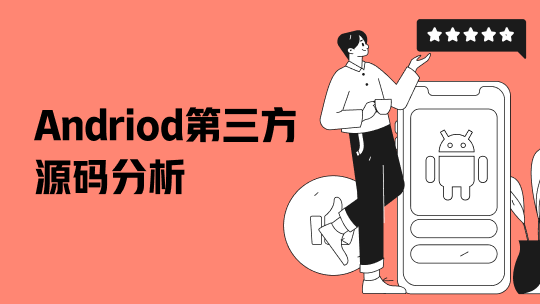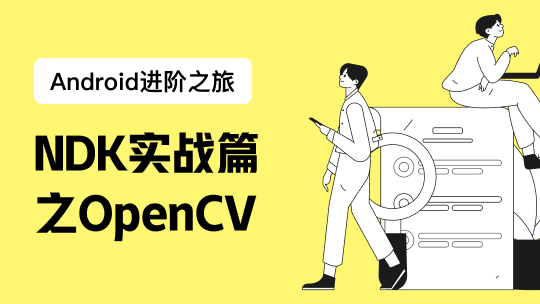在看TextView源码时候又看到了这两个接口:Spannable和Editable;
之前一直没有认真研究过两者的关系,现在看了源码记录下来。
1:两者属于继承关系,Editable继承于Spannable
Editable:  Spannable:
Spannable: 
相较于Spannable,Editable还继承了另2个接口:CharSequence,Appendable。 CharSequence大家应该比较熟,看一下Appendable:

由图可见,Appendable这个接口,主要用来向CharSequence 添加/插入新的文本,通过其定义的方法可以看出其作用:
- append(CharSequence csq)
- append(CharSequence csq, int start, int end)
- append(char c)
2:Spannable中主要方法
- setSpan(Object what, int start, int end, int flags)
- 这个方法我们经常用,用于向文本设置/添加新的样式
- removeSpan(Object what)
- 移除指定的样式,作用和setSpan相反
由此可见,Spannable作用是为CharSequence实例设置或者移除指定样式。
2:Editable中主要方法
Editable:
This is the interface for text whose content and markup can be changed: 可见,Editable接口关联的文本,不仅可以标记/设置样式,其内容也可以变化;
3:实际使用总结
如果一段文本,仅仅是样式发生变化,使用Spannable的子类SpannableString即可实现
如果一段文本,样式和内容都要发生变化,则必须使用Editable实例,我们最常用的应该就是SpannableStringBuilder.
调用TextView实例的setText方法时,type使用TextView.BufferType.EDITABLE,可以实现TextView中的文本不断的增加/更新(比如一些场景是需要向TextView实例中不断插入从网络获取的最新数据)
/** * Sets the text that this TextView is to display (see * {@link #setText(CharSequence)}) and also sets whether it is stored * in a styleable/spannable buffer and whether it is editable. * * @attr ref android.R.styleable#TextView_text * @attr ref android.R.styleable#TextView_bufferType */ public void setText(CharSequence text, BufferType type) { setText(text, type, true, 0); if (mCharWrapper != null) { mCharWrapper.mChars = null; } }
示例代码:
.................
tv_setText = (TextView) findViewById(R.id.tv_setText);
bt_setText = (Button) findViewById(R.id.bt_setText);
tv_setText.setText("", TextView.BufferType.EDITABLE);
bt_setText.setOnClickListener(new View.OnClickListener() {
@Override
public void onClick(View v) {
Editable content = (Editable) tv_setText.getText();
content.append(":"+(insertIndex++));
}
});
}
int insertIndex = 0;
That's all !









